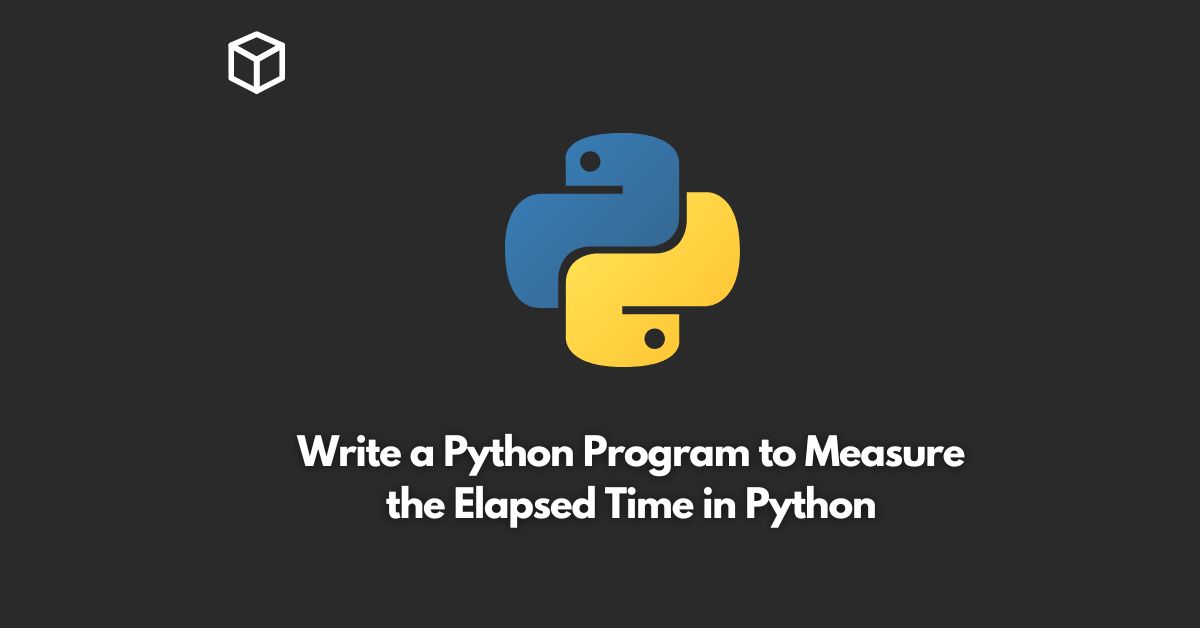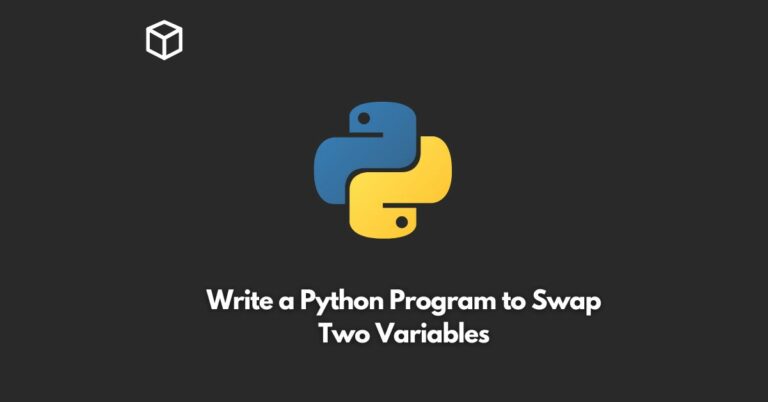Measuring the elapsed time of a program is an important task in software development.
In Python, we have a built-in module called time that provides functions to measure time.
In this tutorial, we will look at how to use the time module to measure the elapsed time in Python.
The time module provides several functions to work with time in Python.
The most commonly used functions are time.time() and time.sleep().
The time.time() function returns the current time in seconds since the Epoch (January 1, 1970, 00:00:00 UTC).
The time.sleep() function suspends the execution of the current thread for a given number of seconds.
To measure the elapsed time of a program in Python, we can use the time.time() function.
We can call this function twice: once at the beginning of the program and once at the end of the program.
We can then subtract the start time from the end time to get the elapsed time.
Here is an example program that demonstrates how to measure the elapsed time in Python:
import time
start_time = time.time()
# Your program code here
end_time = time.time()
elapsed_time = end_time - start_time
print("Elapsed time: ", elapsed_time, "seconds")In this example, we first import the time module. We then call the time.time() function to get the start time of the program and store it in the start_time variable.
We then run our program code.
After our program code has finished executing, we call the time.time() function again to get the end time of the program and store it in the end_time variable.
We then subtract the start_time from the end_time to get the elapsed time of the program and store it in the elapsed_time variable.
Finally, we print the elapsed time in seconds using the print() function.
It is important to note that the elapsed time measured by the time.time() function may not be precise, as it depends on the accuracy of the system clock.
To get a more precise measurement, we can use the time.perf_counter() function, which returns a high-resolution time value.
We can use this function in the same way as the time.time() function to measure the elapsed time of a program.
In conclusion, measuring the elapsed time of a program is an important task in software development.
In Python, we can use the time module to measure the elapsed time of a program.
We can call the time.time() function to get the start time and end time of the program and then subtract the start time from the end time to get the elapsed time.




